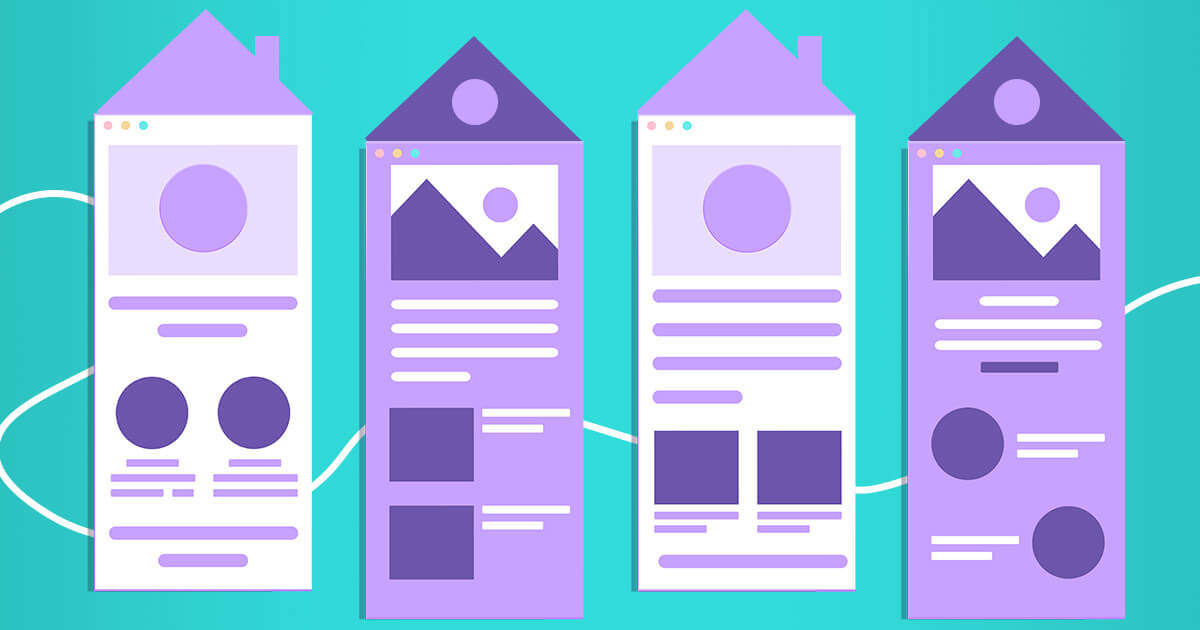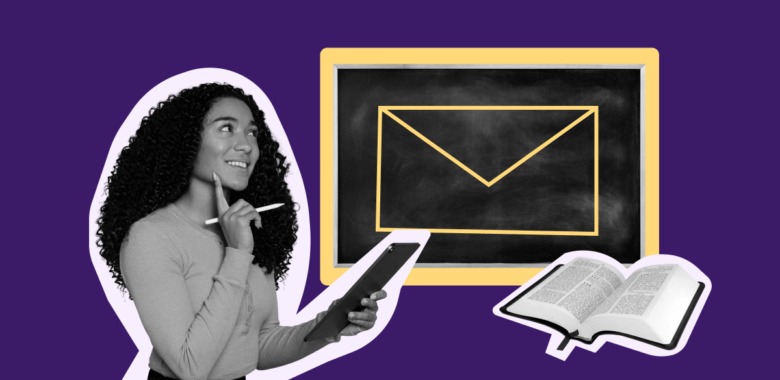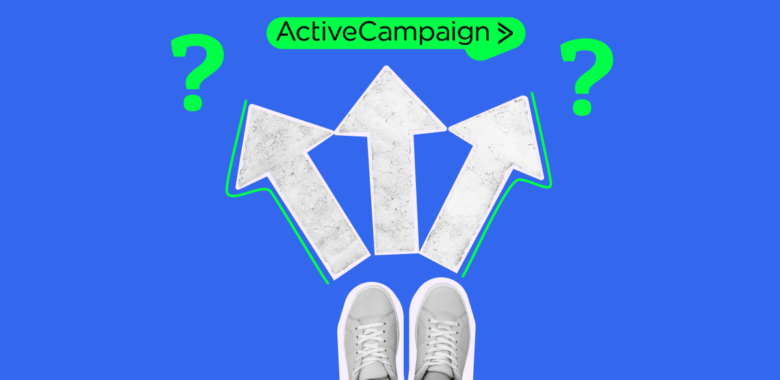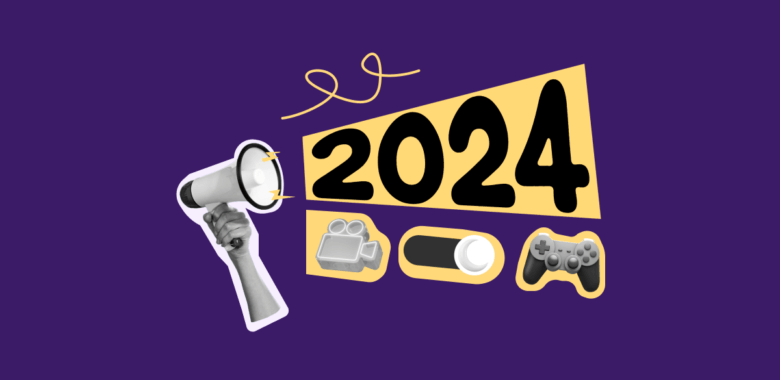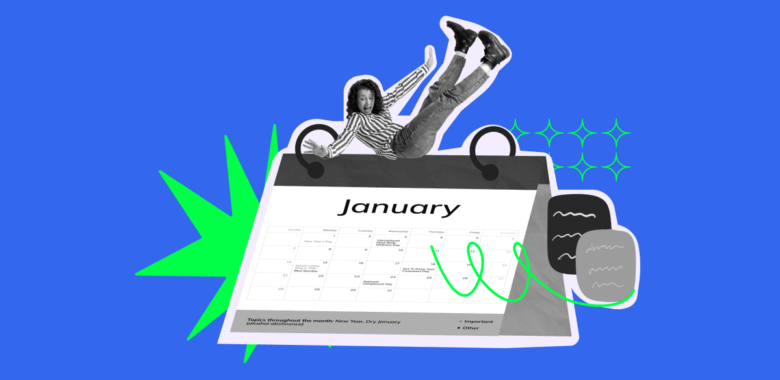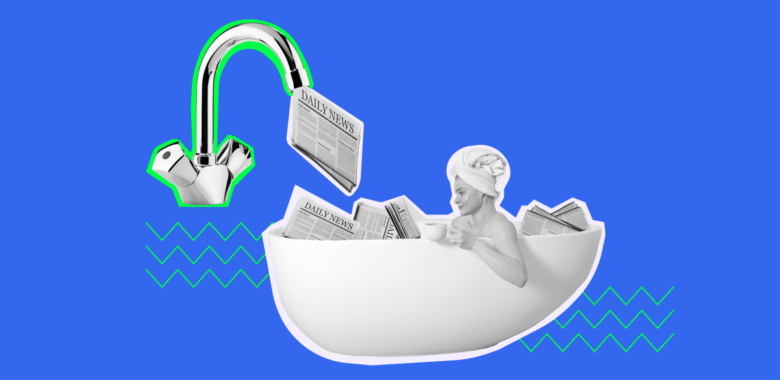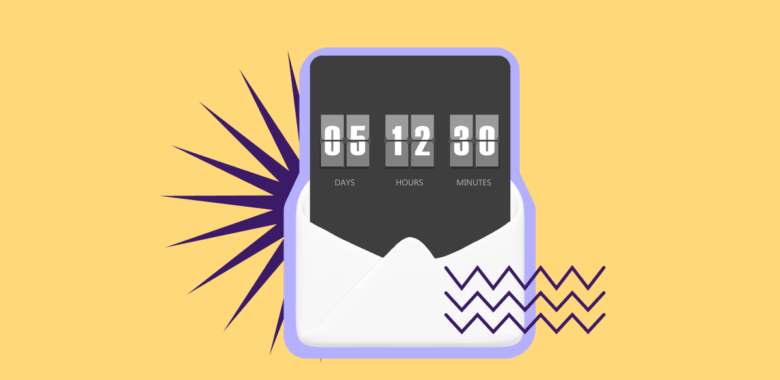Best practices for your real estate emails
To make the most of your real estate email marketing campaigns, use the following best practices.
Devise a strategy
Knowing how to write emails of different types is essential, but all of them work best as part of a holistic email marketing strategy. When you know where each of your emails stands in a campaign and plan several steps ahead, the cumulative effect of your emails significantly increases. A holistic approach also makes writing each single email an easier task.
To learn more about the strategic approach, use our email marketing checklist that will walk you through every step of creating a successful email marketing campaign.
Segment your audience
Getting irrelevant content in their inboxes is among the top reasons for unsubscription, statistics indicate. To avoid bombarding your contacts with information they don’t need, you have to segment your audience based on their personal information (location, demographics) and the stage of the buying cycle they’re at. This will ensure that people on your list will only be getting information relevant specifically to them.
Once the segmentation is complete, you might find it challenging to manage your email campaigns manually. Email marketing tools can help you optimize your workflow, save time, and make sure your campaigns run smoothly. Email marketing tools such as Selzy that offer segmentation can help you take your customer relationship management to the next level.
Keep the content concise and to-the-point
People are extremely busy nowadays. That means nobody’s going to read long, poorly structured, vague emails from a real estate agent — especially if it’s only a newsletter or a welcome message. Moreover, you’re running a risk of facing a wave of unsubscriptions every time you bore people with your stuff.
To avoid that happening, keep the content of your messages concise and focused. If you know you’re having problems with that, use the strategy all writers and editors use: re-read your email several times, cutting all the irrelevancies away during each round. It might not be easy at first, but it usually gets better with practice.
Give value
People typically don’t subscribe to a real estate agent’s mailing list just for fun — you’re not Hollywood Reporter, after all. Therefore, you have to provide value in every email in order to stay in their inboxes and have some prospect of turning them into your clients one day.
How you define value in your particular case is up to you, however. Typically, real estate professionals offer the following:
- Market news and reports
- Blog articles with useful tips
- Expert insights
- Exclusive offers
If you have other ideas that you think could help you stand out from the crowd, you’re welcome to try them out. Just remember that real estate is a very data-driven industry that mainly operates with numbers, so make sure you’ve got that covered in your content strategy firsthand.
Jazz it up with visuals
People love visuals — that is a fact backed up by science and research data. The human brain is hardwired to process visual information much faster than speech, so visuals are a perfect way to make the most of your average subscriber’s attention span.
The best way to make your emails more appealing to the eye is to use design templates — custom or ready-made. If you’re using an email marketing service, there’s usually a variety of ready-to-use designs to choose from, and drag-and-drop builders can help you create professional-looking emails in a matter of minutes.
If you’re willing to go the extra mile, you can also include exclusive photos, colorful illustrated e-brochures, infographics and videos in your emails.
Include a CTA
The one thing professionals who are not marketers often forget about is including a call to action in their emails. But if you don’t ask people to do something in a straightforward manner, most of them won’t think of doing it at all.
Yet another mistake is trying to cram too many calls to action into one email. Ideally, there should be only one CTA, possibly repeated 2-3 times throughout the email — typically, in the middle paragraph and in the P.S. section. When there are too many CTAs referring to different actions, it disperses the reader’s attention and decreases the probability of any action being taken at all. So, when it comes to CTAs, less is more.
Track performance
Last but not least — whatever you do regarding your email marketing campaign, tracking performance is a must. Analyzing every step you take is key to understanding what works and what doesn’t and getting insights to make adjustments. Otherwise, you’re running a risk of repeatedly making the same mistakes.
The crucial metrics you need to track include open rate, click-through rate, conversion rate, bounce rate, and unsubscribe rate. If you’re using an email marketing service, it will save you time by providing this and other data you need automatically — just be sure you have the right subscription plan.
